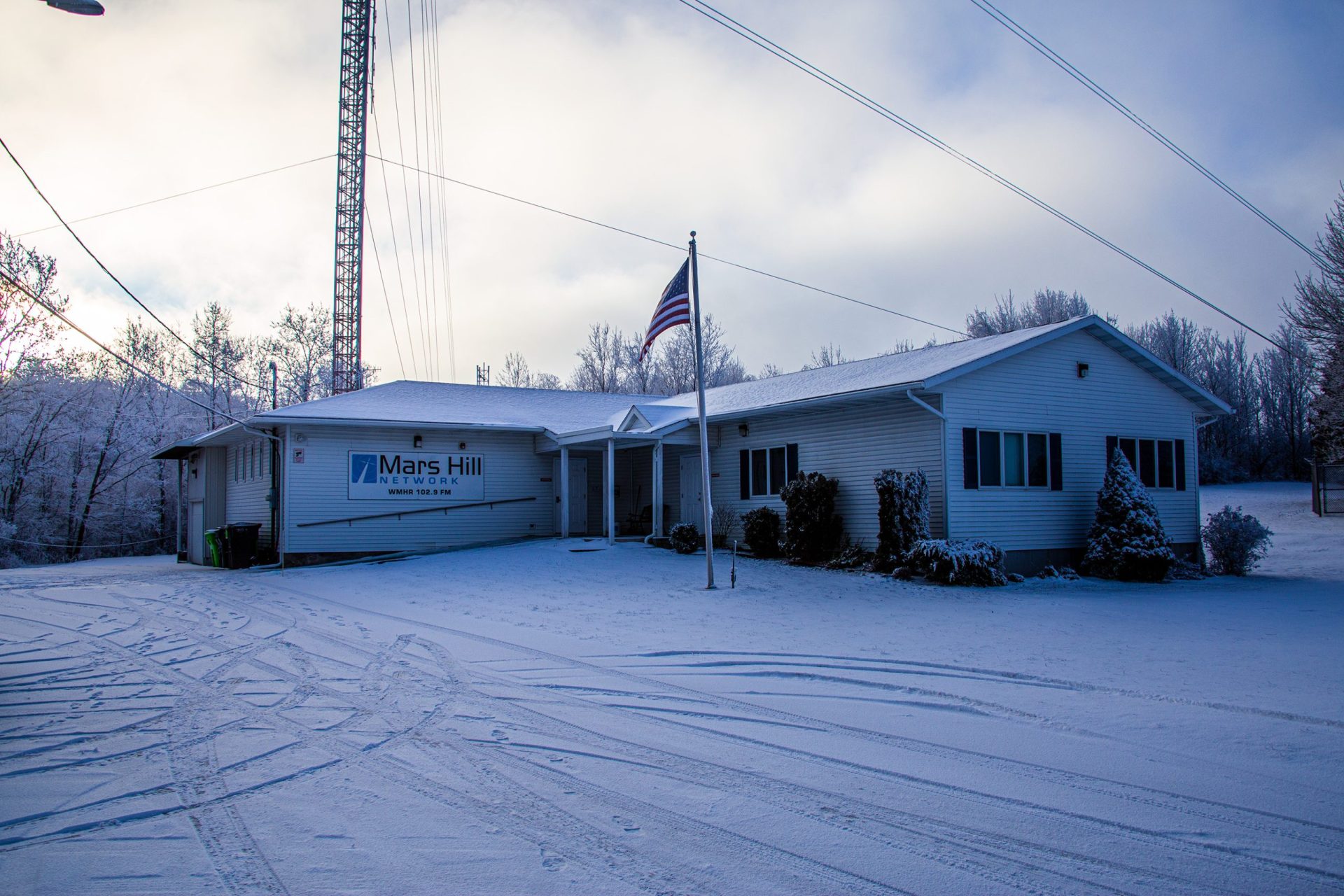Who is the Buddhist nun who built a global charity from a tiny apartment in rural Taiwan?
Written by on July 13, 2024
[[{“value”:”
HUALIEN, Taiwan (AP) — The Buddhist teacher who founded what is now a global charity and religion with a $283 million operating budget grew up at a time when women could not be ordained as Buddhist nuns.
What Cheng Yen, now 87, started in 1966 in Taiwan’s countryside as a grassroots effort among housewives has now burgeoned across 67 countries, including the United States. The organization, called Tzu Chi, has mobilized 10 million volunteers who have helped build schools and hospitals, run programs for refugees in Ukraine and victims of mass shootings, and respond to natural disasters such as earthquakes, hurricanes and floods.
Cheng Yen and about a dozen other nuns reside in the Jing Si Abode in Hualien, the headquarters of Tzu Chi. The picturesque region — known for its majestic mountains that overlook the Pacific — gets its name from the phrase “huilan,” a reference to the swirling currents of the Hualien River where it meets the Pacific Ocean.
What sets Cheng Yen apart is that she is one of very few Buddhist women leaders in a strongly patriarchal faith tradition where ordination was barred for women — and still is in many countries.
“A female leader in our entire research of religious history is very, very different,” said Yao Yu-shuang, a professor at Fo Guang University in Taiwan who has studied Buddhist movements.
Cheng Yen was born Wong Chin-Yun in 1937 to a relatively well-off family, but her parents gave her to her childless uncle’s family to raise. After her adoptive father died from a heart attack when she was 21, she ran away from home to become a nun.
Yao said getting ordained was an uphill task for her because, in Taiwan and elsewhere in Asia at the time, being a monk was reserved for men.
That changed when Taiwan came under Japanese rule, and women started receiving educations. Japan’s approach also allowed nuns to study at Buddhist universities in Japan, and when they came back to Taiwan, they established their own practices, formally opening the path to women being ordained.
Later, a chance meeting in Taipei with Master Yin Shun became a defining moment for Cheng Yen. He agreed to take her as a disciple and formally ordain her.
Even though the Buddhist master’s base was in Hsinchu in northern Taiwan, and he spent little time with Cheng Yen, the two developed a connection, said Guo-Fang Tseng, a professor of anatomy at Tzu Chi University’s medical college. During his final days, Yin Shun was cared for at Tzu Chi’s hospital.
During her time in Hualien, Cheng Yen saw extensive poverty in the countryside. She wanted to help, but as a nun, she didn’t have her own source of income. She turned to local housewives, asking if they could spare 50 cents, according to Deng Su-qin, an early volunteer at Tzu Chi’s hospital.
“Anyone can spare 50 cents,” she said, which has become the organization’s mantra over the decades.
Cheng Yen saw how poverty was inextricably linked to lack of health care access as she helped families with loved ones who were sick and unable to work.
“I truly discovered that there were many people who fell ill because of their poverty, and even more people who were poor because they were sick,” said Cheng Yen, recounting the hospital’s origin at a meeting with volunteers in 2007. “Poverty and illness are like twins.”
It took her eight years to build a full-service hospital in Hualien; then came the challenge of staffing it, because doctors and nurses didn’t want to live in the rural area. So she established a medical college, which serves as a feeder school to the hospital. Today, many of the hospital’s doctors and staff members come from Tzu Chi’s universities.
That focus on health care and decades of expertise led Tzu Chi to mobilize during the coronavirus pandemic, and the Buddhist organization was able to purchase 5 million doses of BioNTech’s COVID-19 vaccine when Taiwan’s government couldn’t.
Stephen Huang, executive director of Tzu Chi’s international operations based in Southern California, calls his teacher “an old soul” who experienced difficulties at a young age — losing her loved ones, running for cover as United States aircraft bombed Taiwan during World War II and seeing people around her suffer in poverty. He sees her as a Bodhisattva — compassionate beings who put off their own enlightenment to help others.
“She is now 87, skinny and has a heart condition,” he said. “But she still wakes up at 4 in the morning and walks for two hours. She barely sleeps and eats. Her strength comes from her spirituality and loving compassion.”
Cheng Yen’s followers view her as a wise, down-to-earth, empathetic leader with a sense of humor who likes to keep a low profile. She rarely gives interviews and declined to speak with The Associated Press as well.
While an aging Cheng Yen continues to attend to her duties diligently, the organization’s followers are already planning to ensure her legacy endures. Huang said there is a plan for a core group of disciples to take the helm in the future — a daunting challenge for an organization that has for decades relied entirely on its charismatic leader for guidance.
Still, “there is no one person,” he said, “who can replace Master Cheng Yen.”
___
Bharath reported from Los Angeles.
___
Associated Press religion coverage receives support through the AP’s collaboration with The Conversation US, with funding from Lilly Endowment Inc. The AP is solely responsible for this content.
Brought to you by www.srnnews.com“}]]




